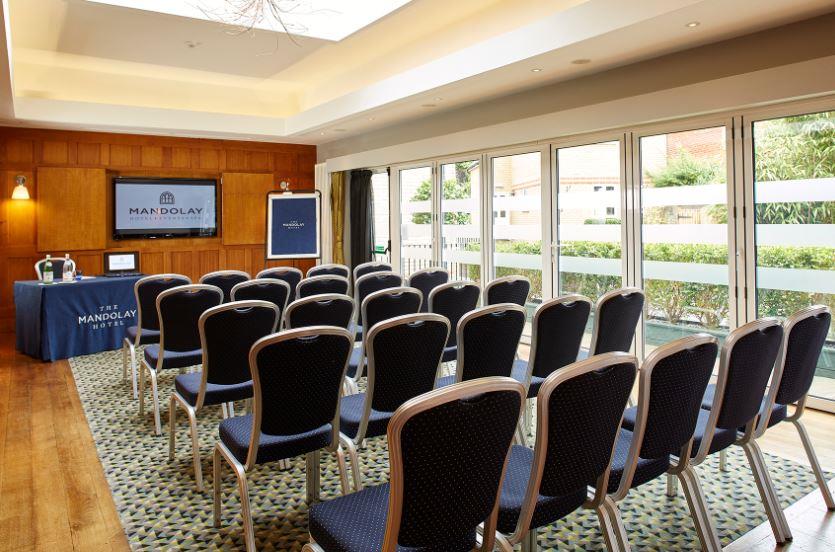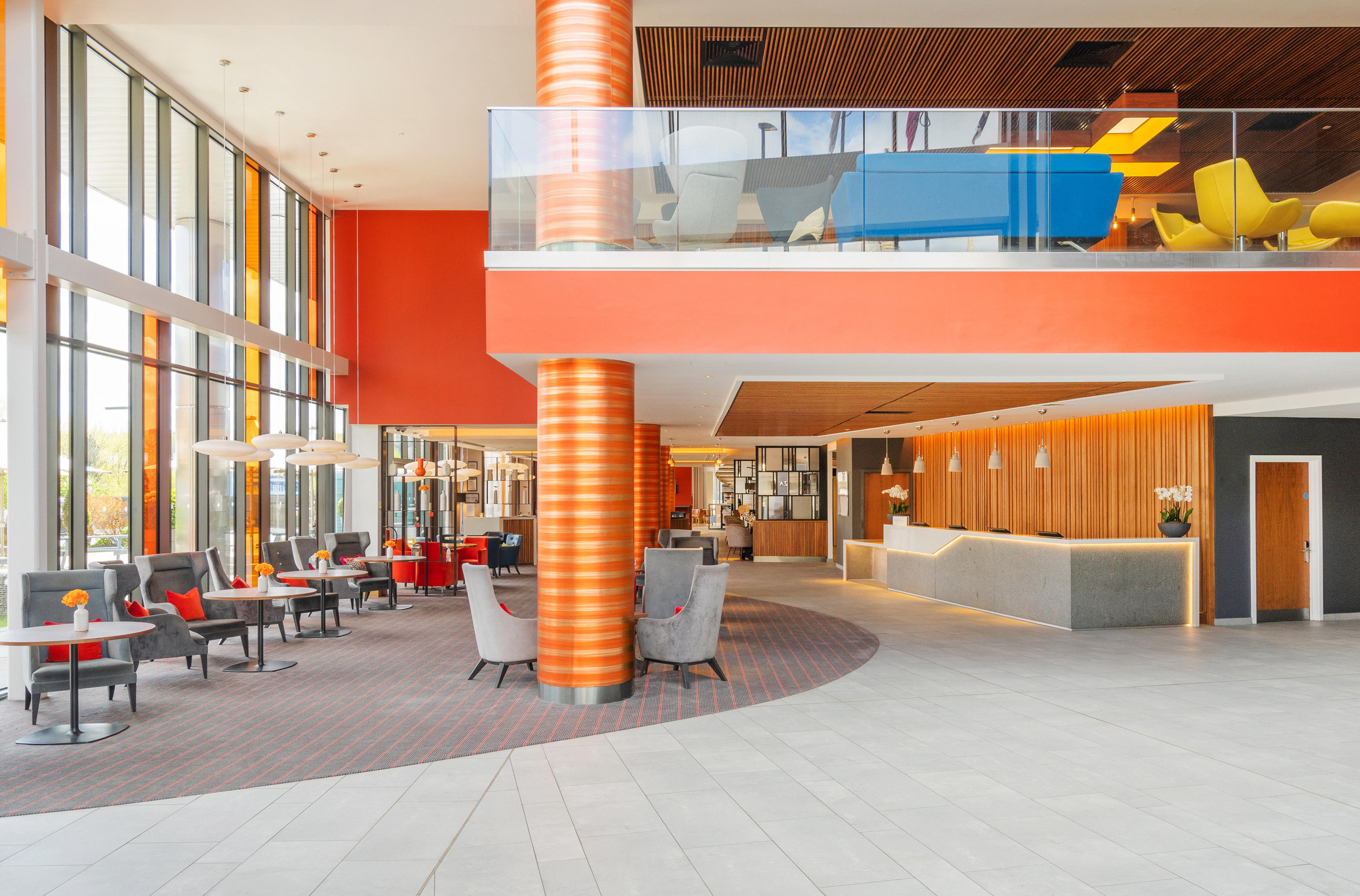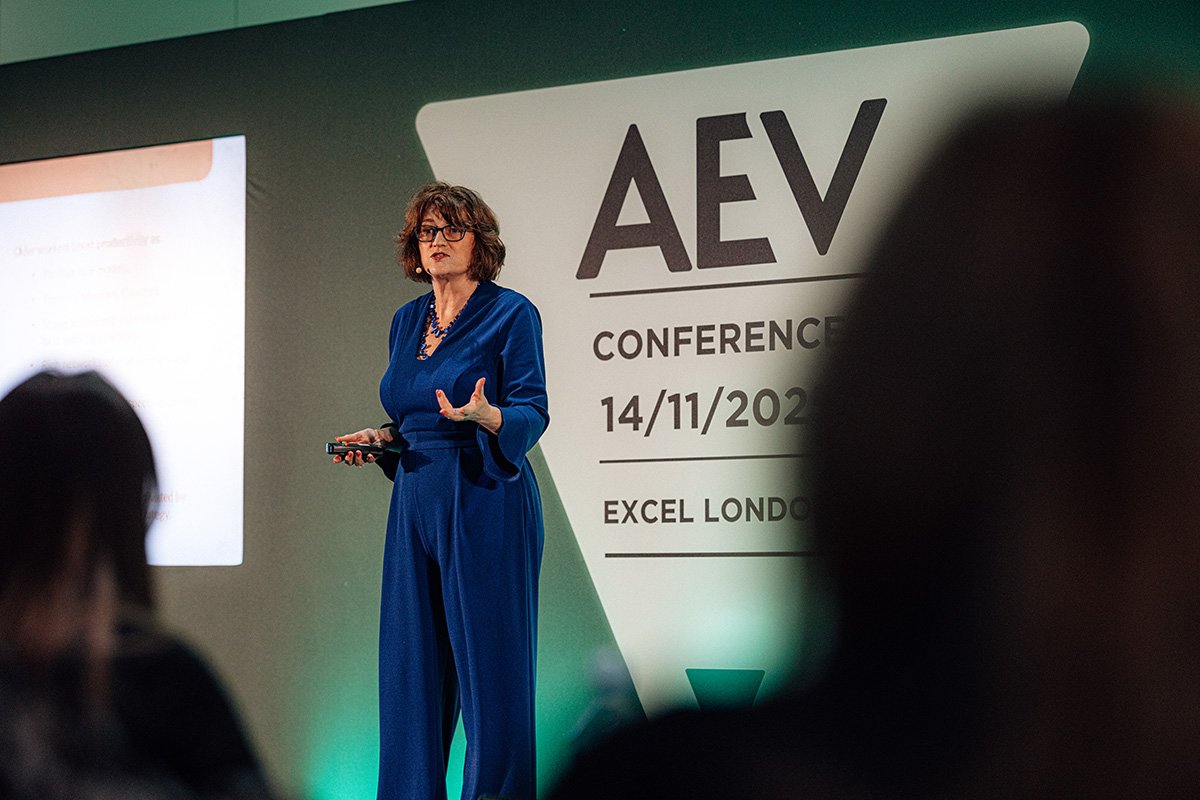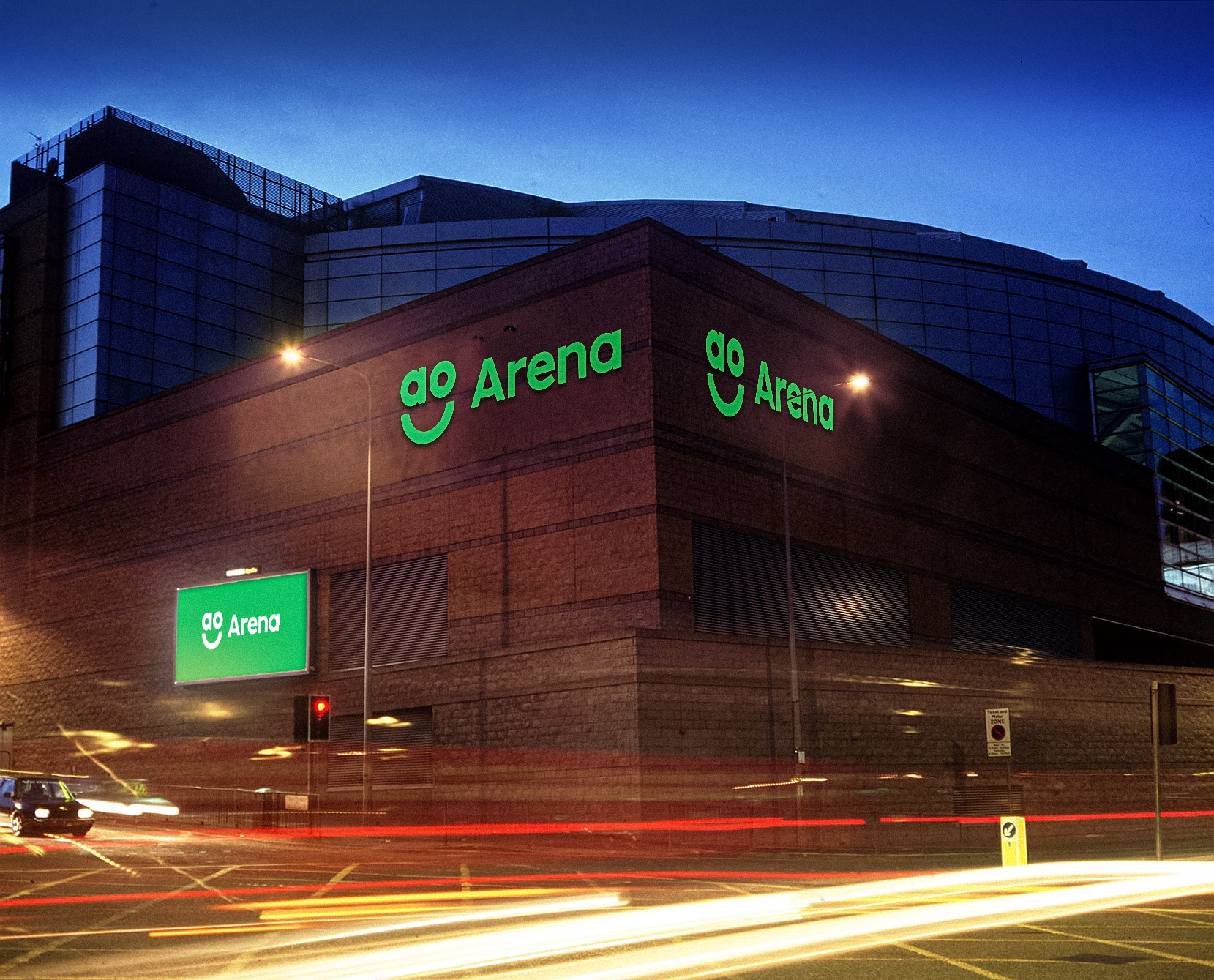Chris Parnham, 2013 Chairman of the Hotel Booking Agents Association (HBAA), welcomed 350 delegates to the Annual Forum this week; the largest attendance ever recorded for the event.
Parnham said the theme of the forum, ‘Made to Measure’, reflected the bespoke nature of the event and also what the HBAA hoped to achieve from it: “We want delegates to measure how effective their time has been at this forum.”
Newly-appointed Executive Director, Juliet Price, commented: “I have been part of the association since 2005 and have witnessed it continue to grow its network and membership to where it is now. This year 40 delegates, who have never attended a HBAA event before, have signed up as delegates and also 16 companies have joined the association since the last Forum,” said Price.
The first session for the forum was humorously delivered by Economist, Dennis Turner, who explained the outlook for the UK economy, focusing on growth, spending and interest rates, and how it could effect business practice in the future.
The Head of Hospitality and Leisure Research at PwC, Liz Hall, then presented the findings of the Future Trends in Meetings and Accommodation survey, which surveyed the members of CCE and the HBAA to capture insights into the UK market place. Venue members and 80 organisers were asked about confidence and key challenges facing their businesses in 2014. Seventy per cent of those surveyed were meeting and event venues, 24 per cent were venue finding agents with six per cent being accommodation-only venue finding agencies. Of those agencies surveyed, 70 per cent work with private sector clients with 21 per cent covering the public sector.
Key results included:
Key challenges for the market were indenfitied as: weak economic growth; inflation and a growth in business costs; procurements and RFP processes; structural issues and meeting trends; and technology-based issues
The general mood was more optimistic and creating loyalty; improving operational effectiveness; investing in technology, social and mobile platforms were among effective ways of increasing business mentioned
43 per cent of venues saying they could pass on some of the costs of food and engery, with 48 per cent saying they absorbed all of the costs themselves. Only eight per cent could pass on all the costs
In terms of their marketing spend 17 per cent were spending over 10 per cent of their turnover with 49 per cent spending one to three per cent of their turnover
Changes in the past 12 months experienced include: shorter events; lower budgets; smaller events; fewer residential events; rates under fire; shorter lead times and the ‘fear factor’ decreasing
The majority of events are still being held in London, however, the popular cities outside of the capital are: Birmingham, Manchester, Edinburgh and Bristol
47 per cent expected to see a five per cent growth next year with 50 per cent overall thinking sales will grow
Sectors that will drive growth were named as: financial, pharmaceutical and government.
Hall summed up the results with one anonymous comment from a respondent: “It’s Darwinian out there: the weak are getting weaker and the strong are getting stronger.”
In the ensuing panel discussion, which featured industry experts Angie Mason from Absolute Corporate Events, Russell Green, IHG, etc venues’ Alastair Steward, and Matthew Wall from BCD M&I, and chaired by C&IT’s Tom Hall, emphasis was placed on London’s reputation as the UK’s ‘hub’ for meetings and events. Surveyed members indicated confidence was high for business performance within London (69% of venues were ‘optimistic’ and 80% of agencies), thought it was asserted during the panel discussion that while London is a nucleus for international business, the regions provide excellent facilities for events too.







